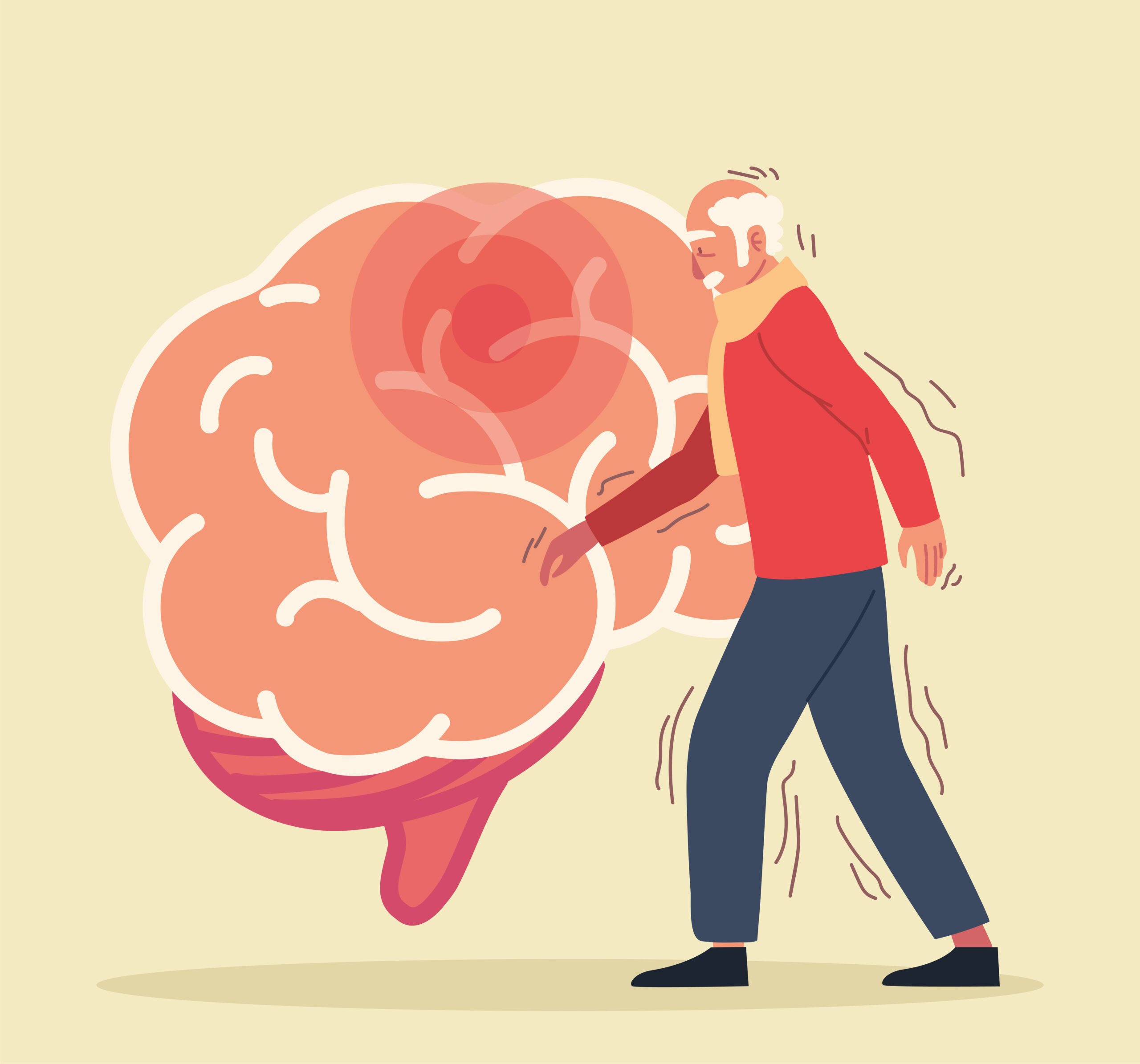Growth Hormone Decline: How It Affects Women Over 50
As women age, especially after 50, their bodies undergo many changes. One important change involves a hormone called growth hormone (GH), which naturally declines with age. This decline can have noticeable effects on health and well-being.
Growth hormone is produced by the pituitary gland in the brain and plays a key role in maintaining muscle mass, bone density, metabolism, and overall energy levels. When GH levels drop as women get older, it can lead to several physical and emotional changes.
One common effect of lower growth hormone is a decrease in muscle strength and an increase in body fat. Women may notice they gain weight more easily or find it harder to lose fat despite diet and exercise efforts. This shift also affects how energy is used by the body, often resulting in feelings of fatigue or low stamina during daily activities.
Bone health can be impacted too. Growth hormone helps keep bones strong by stimulating bone formation. With less GH circulating, bones may become weaker over time, increasing the risk of osteoporosis—a condition where bones become fragile and prone to fractures.
Skin changes are another sign linked to declining growth hormone levels. The skin might lose some elasticity and appear thinner or drier than before. This contributes to wrinkles and other visible signs of aging that many women notice around this stage of life.
Mood swings or feelings of low mood can also be connected with reduced GH production since hormones influence brain chemistry as well as physical health. Some women report increased anxiety or depression symptoms during this period alongside other hormonal shifts like those seen in menopause.
Because growth hormone works closely with other hormones such as estrogen and progesterone—which themselves fluctuate significantly around menopause—the combined effect on women’s bodies can be complex but significant.
Fortunately, there are ways to address these issues if they become troublesome:
– Lifestyle choices like regular exercise (especially strength training) help stimulate natural GH release.
– Proper nutrition supports overall hormonal balance.
– Medical therapies including bio-identical hormone replacement might be considered under professional guidance for some individuals.
– Newer treatments involving peptides that stimulate growth hormone production are emerging options being explored for safety and effectiveness.
Understanding how declining growth hormone affects women over 50 helps highlight why maintaining healthy habits becomes even more important at this stage of life—not just for appearance but for long-term vitality and quality of life too.





